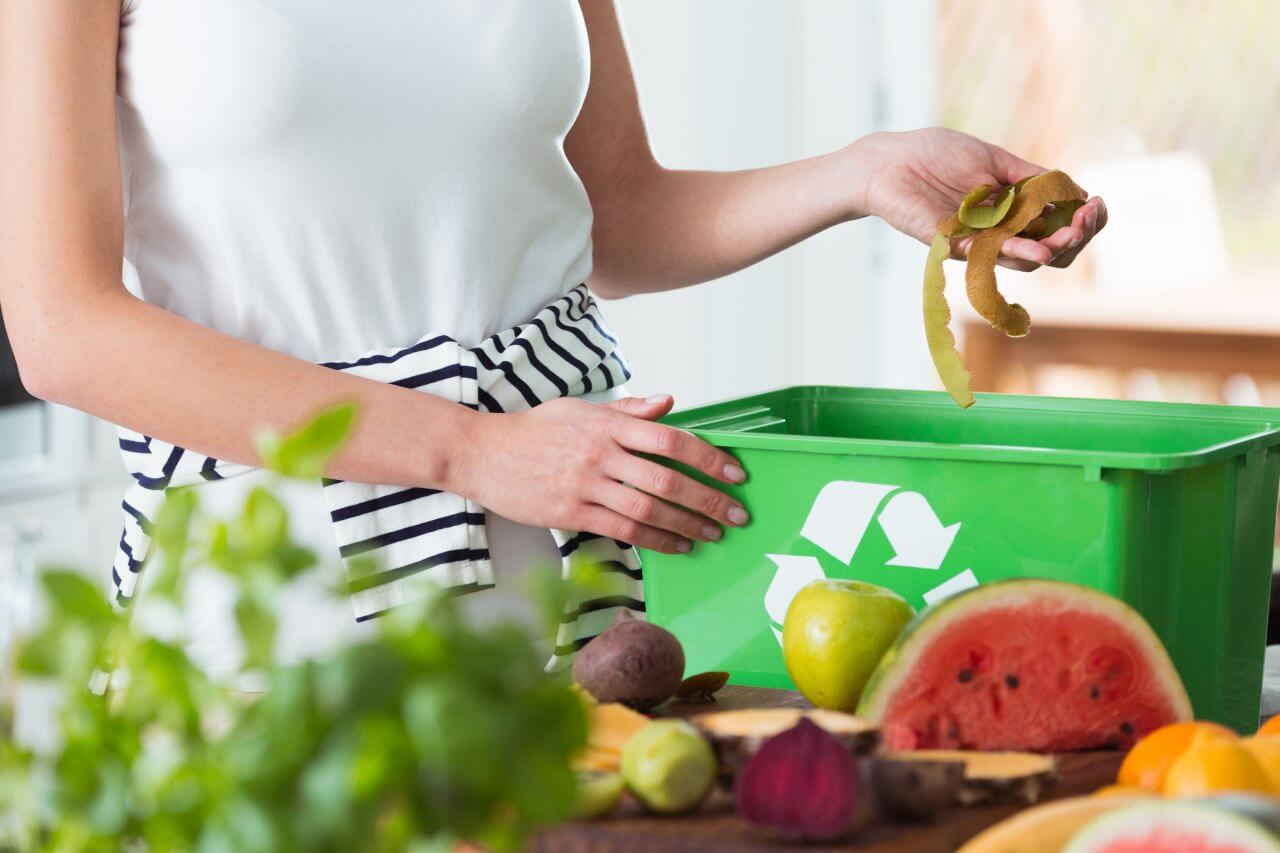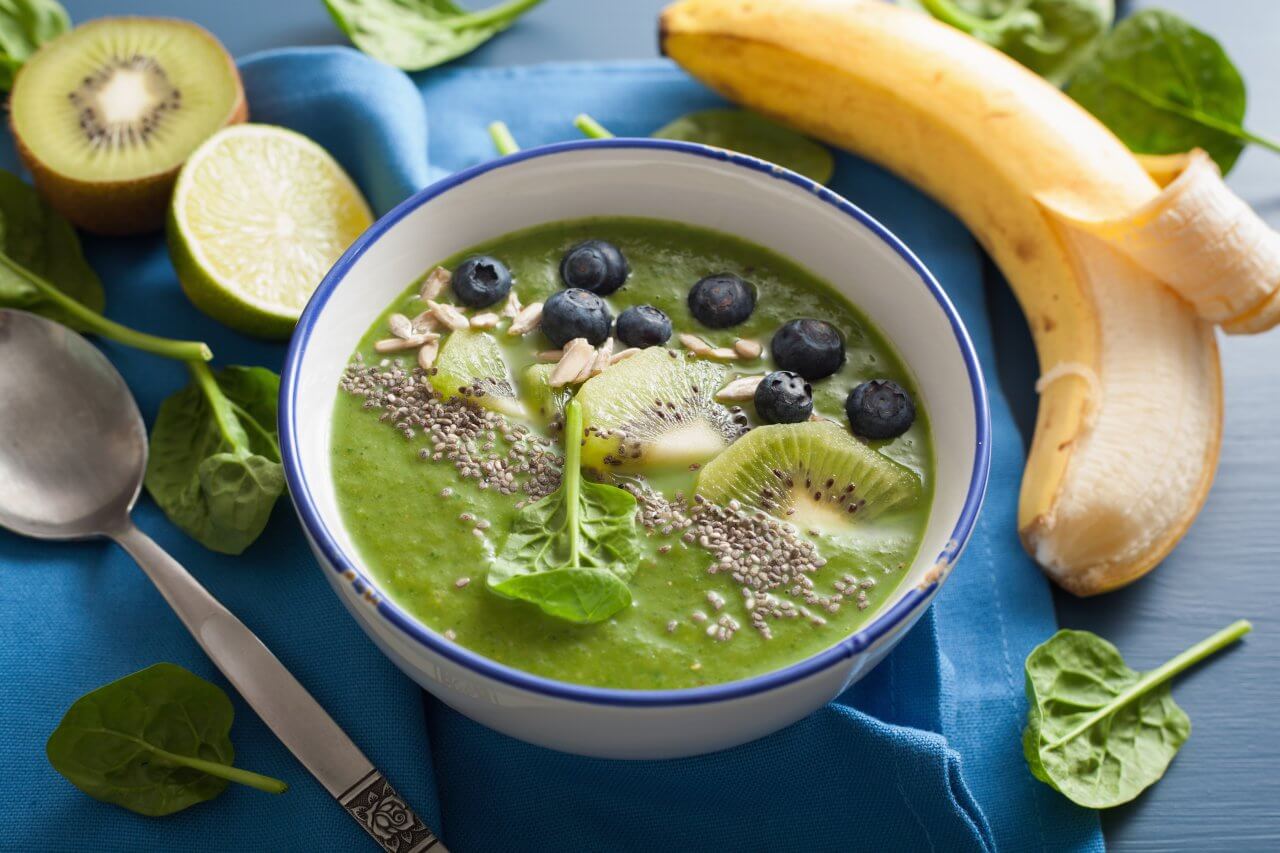Food: we eat it, enjoy it, but also waste it.
So much of food, in fact, is wasted every year when it doesn’t necessarily need to be. Just because you can’t eat it, doesn’t mean it has to go to the rubbish pile.
That’s why we’ve created Respect Food. At Grundig, we encourage a sustainable lifestyle and wasting food is far from that. With so many greenhouse gases being produced and having an effect on climate change and ecosystems, sustainability and reducing food waste is a key step forward in saving the planet. Find out about our Respect Food technologies here.
These 5 simple ideas can help you stretch your unwanted food even further, and can help you from filling the bin.
1. Compost
Where fertiliser helps plants grow, compost can help make the soil as cosy and rich as possible for your plants. You can use a wide variety of food scraps from fruits, vegetables, bread, tea bags, and coffee grounds towards making it, as long as there’s no meat or dairy involved. You can either make it yourself or take it to a facility that takes in food waste.



